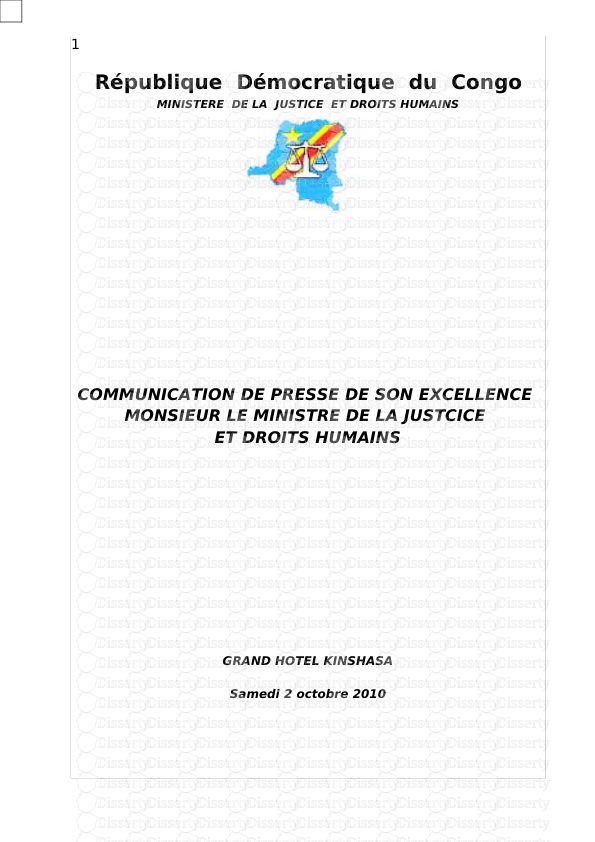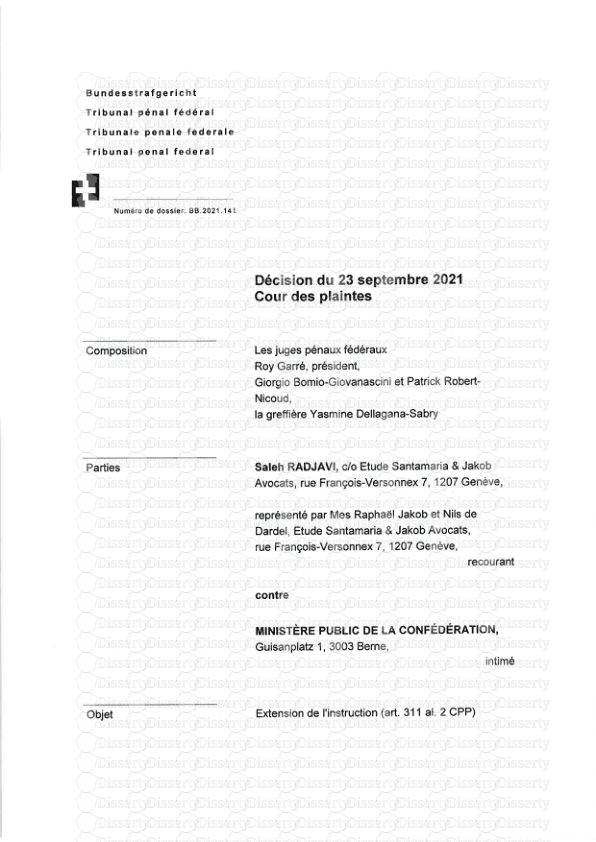Words You Are Likely To Hear SCVAN Survival Guide Rev 9/2008 Federal Grant No 1
Words You Are Likely To Hear SCVAN Survival Guide Rev 9/2008 Federal Grant No 1W09033 Acquittal - A verdict of "not guilty." Advocate (noun) - One who speaks for and helps someone else. A victim is someone trained and dedicated to serve those who are victims of crime, family members of victims of crime, and witnesses to crime. An advocate may be a paid professional of a government or private agency or a volunteer. Appeal - The transfer of a case from a lower court to a higher court (appellate court) for a new hearing on the case. Arraignment - The time when a suspect appears before a judge and is charged with a crime. Arraignment usually occurs shortly after the suspect has been arrested and served a warrant or after a preliminary hearing. Bail or bond - Money or property that a defendant puts up as a guarantee that he will appear in court. Not all defendants are required to put up bail. Some are given personal recognizance (PR) bonds. Certiorari (pronounced: ser-shee-ah-rah-ree, usually "writ of certiorari," sometimes "writ of cert") - A writ from a higher court to a lower court requesting the records of a case for review. Clemency - Mercy or leniency. Often refers to a judge's giving a lighter sentence to a defendant because of particular circum- stances. Competent to stand trial (or "legally competent") - A decision by the court that a defendant is able to stand trial (usually following an examination by a doctor to find out his mental condition). Disposition - The final result of the case. Defendant - A person arraigned and charged with a crime. Defense attorney - The lawyer who speaks for the defendant and represents his interest in court. Discovery - The right of the defendant to know what evidence the State has against him. Family Court - A county court that handles cases involving families and juveniles. General Sessions (Circuit) Court - The higher level of county court, where serious crimes are tried. Grand Jury - A jury of eighteen people who listen to the evi- dence and decide whether or not a case should go on to General Sessions Court. Their meetings are conducted in secret. The Grand Jury may give a "true bill" (indictment) or a "no bill." No Bill - A conclusion by a Grand Jury that a case should not be tried. True Bill or Indictment - A conclusion by a Grand Jury that a case should be tried. Habeas Corpus (pronounced: hay-bee-us kor-pus) - One of a variety of writs that may be issued to bring a person before a court or judge. Its purpose is to release someone from unlawful restraint or imprisonment. "Hung jury" - The situation where a jury cannot all agree on a verdict. When this happens, the case may be tried all over again. Incident Report - A police report about something that happened. Additional reports about the same happening are called Supplemental Reports. Indictment (pronounced: in-dite-ment) - See Grand Jury, True Bill. Jury - (usually refers to the Petit jury) A group of men and women (usually 12) who must listen to and watch the trial and decide whether or not the defendant is guilty. Jury Pool - A group of randomly chosen citizens from which jurors (people on a jury) are selected. Juvenile - Usually an offender under the age of 17. Judge - The person in charge of the courtroom and the trial. Magistrate - The judge in the first (lower) level of county court. Nolle pros – (pronounced: nahl pross) The voluntary withdrawal of criminal charges by the prosecuting attorney. Objection - An attorney's telling the court that he believes someone has broken a rule of the court. Pardon - An act by a judge, court, governor, or other authority that releases the person pardoned from punishment for the crime he committed. Often, pardon provides for expungement (wiping clean) of the offender's criminal record on that particular crime. Parole - The conditional early release of a prisoner. If a prisoner obeys the conditions of his release, he won't have to serve the remainder of his sentence in prison. If he does not, he may be sent back to prison. Petition - A formal, written request for a court or judge to do something, for example, a petition for an appeal. Plea - The defendant's answer to the charge against him. If he pleads "guilty," a trial is not necessary. He may plead guilty to a Words You Are Likely To Hear SCVAN Survival Guide Rev 9/2008 Federal Grant No 1W09033 less serious charge than the one for which he was indicted. If he pleads "not guilty," the case will probably be tried in court. A Guilty Plea - A defendant's telling the court that he com- mitted the crime. A Not Guilty Plea - A defendant's telling the court that he did not commit the crime. Preliminary Hearing - A hearing before a judge to determine if a case has probable cause to be tried and should be sent to General Sessions Court. The defense attorney uses this hearing to find out what evidence the State has against the defendant (see "Discovery.") Pre-Trial Conference - A meeting among you, other witnesses, and the solicitor or deputy solicitor prior to the trial. You will be able to discuss the case and ask questions. Probable Cause - Evidence that would lead a reasonable person to believe that a crime was committed by the person accused. Probation - Releasing a convicted offender instead of sending him to prison. An offender on probation must agree to follow certain guidelines and limits. If he "violates probation," that is, fails to keep the agreement, he may be sent to prison. Reasonable Doubt - Doubt based on a good reason. If a jury has reasonable doubt that the defendant committed the crime, the jury must find him not guilty. Recess - "Time out" in a trial. It may be brief (as for lunch), last overnight, over the weekend, or longer. Restitution – payment made by an offender giving compensation for loss, damage, or injury caused. Revocation (of bond or probation) - The withdrawing (taking back) of bond or probation when the defendant fails to obey the requirements of bond or probation. For example, a defendant released on bond or probation may be required to stay within the state. If he leaves the state, his bond or probation may be re- voked, and he may be locked up in jail or prison. Sentence - The punishment or legal consequences given to a convicted defendant. Solicitor - An attorney who prosecutes serious crimes. In other states, they are usually called District Attorneys. State - The people of South Carolina, usually represented in court by the Solicitor. Subpoena - A court order for someone to appear in court. Testimony - The facts as stated by a witness. To give testimony is to "testify." Trial - The presentation of the facts of a case in court before a judge (bench trial) or a judge and jury (jury trial), ending with a decision about the defendant's guilt. Verdict - The decision by a judge or jury. Guilty Verdict - A verdict that the defendant committed the crime. Not Guilty Verdict - A verdict that the State has not proven beyond a reasonable doubt that the defendant committed the crime. Victim - A person who has a crime happen to him or suffers a loss as the result of a crime. Victim Assistant or Victim Advocate - Someone whose role it is to help those who are victims of crime, family members of victims of crime, and witnesses to crime. A victim assistant may be a paid professional of a governmental or private agency or a volunteer. Victim Compensation Fund Application - A form that a victim may fill out in order to apply for money from the state to pay for expenses (such as lost wages, medical bills, and funeral expenses) that the victim may have as a result of a crime. SOVA handles victim compensation claims. (see resource list) Victim Impact Statement (VIS) - A victim's form, letter, or oral statement that tells the judge the ways in which the crime has affected him or her. For example, money lost, emotional dif- ficulties, physical problems, job problems, and so on. Voir dire (pronounced: "vwah deer") - The jury selection process. Both the defense attorney and the solicitor may "strike" (reject) a limited number of people in the jury pool. Witness - In court, a witness is a person who testifies in court. A witness to a crime is a person who sees, hears, or notices something that has to do with the crime. Writ - A written order issued by a court commanding someone to do or stop doing a particular act. When Children are Victims SCVAN Survival Guide Rev 9/2008 Federal Grant No 1W09033 If your child has been the victim of a uploads/S4/ survial-guide.pdf
Documents similaires










-
43
-
0
-
0
Licence et utilisation
Gratuit pour un usage personnel Attribution requise- Détails
- Publié le Jui 03, 2021
- Catégorie Law / Droit
- Langue French
- Taille du fichier 0.4513MB


